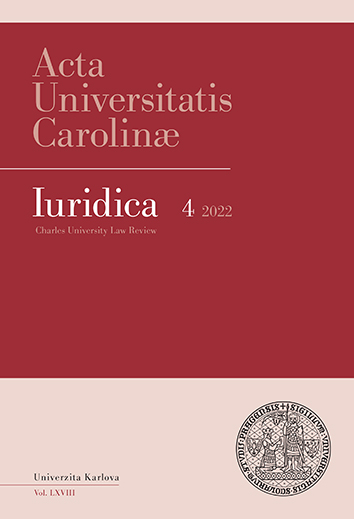Tax Incentivisation of Debt Financing vs. Equity Financing: Present Status and Approaches to Solve the Tax Asymmetry
Tax Incentivisation of Debt Financing vs. Equity Financing: Present Status and Approaches to Solve the Tax Asymmetry
Author(s): Radek Halíček, Marie KarfíkováSubject(s): Law, Constitution, Jurisprudence
Published by: Univerzita Karlova v Praze, Nakladatelství Karolinum
Keywords: debt financing; equity financing; tax asymmetry; notional interest deduction; notional interest allowance; debt-equity bias reduction allowance; DEBRA
Summary/Abstract: Historically, the cost of financing business through debt has reduced income tax paid. Financing via new equity has not. This asymmetry has not been without consequences. The high indebtedness and relative undercapitalisation of corporates creates a risk of reduced resilience to economic shocks. Some countries have introduced tax incentivisation of equity, reduced tax incentivisation of debt, or both. In June 2022, the European Commission proposed a harmonised solution: Debt Equity Bias Reduction Allowance (DEBRA). All EU Member States, including the Czech Republic, should provide corporate income tax deduction for equity, whilst further limiting interest deduction, starting 2024.
Journal: Acta Universitatis Carolinae Iuridica
- Issue Year: 68/2022
- Issue No: 4
- Page Range: 15-28
- Page Count: 14
- Language: English

